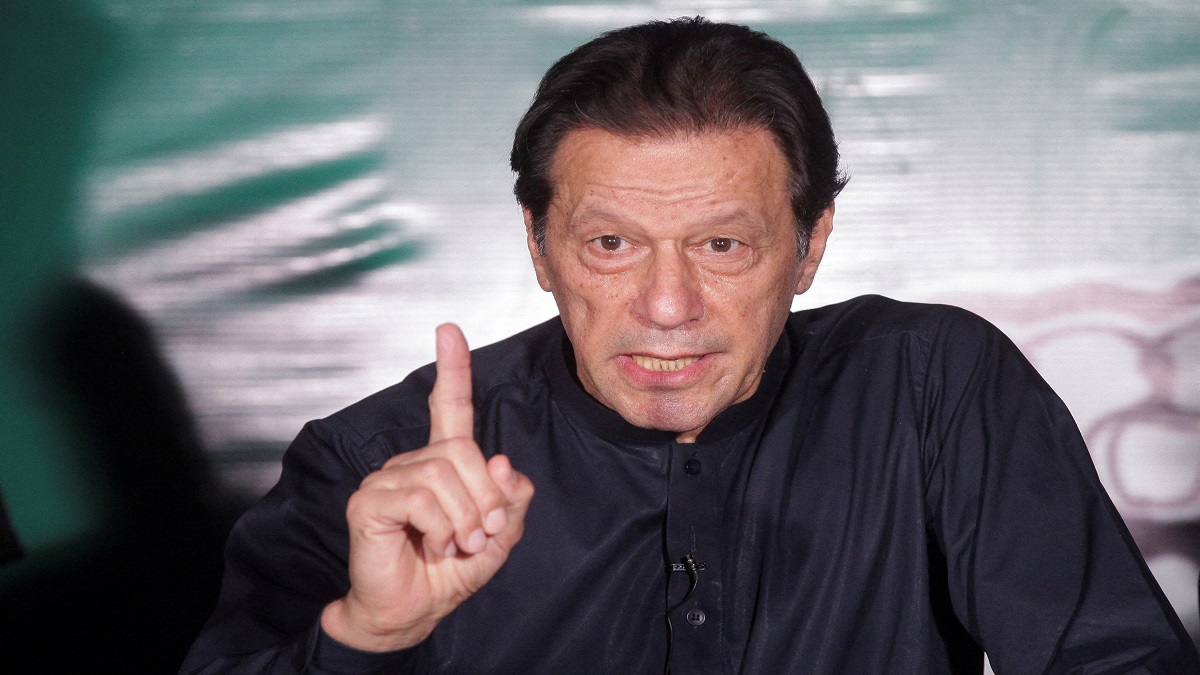Imran Khan, the former Prime Minister of Pakistan and the leader of Pakistan Tehreek-e-Insaf (PTI), expressed gratitude towards the ruling government on Friday for their decision to add him to the Exit Control List (ECL), stating he had no imminent plans to leave the country.
The government’s actions come after concerns were raised that Imran Khan, his spouse Bushra Bibi, and several high-ranking leaders affiliated with PTI – some still active members, others having left – may abscond from the country. The placement on the “no-fly list” implies restrictions on these individuals, barring them from traveling internationally.
Khan took to social media to react to this situation, emphasizing that he has no compelling reason to go abroad. He clarified, “I do not own any offshore properties or businesses, nor do I maintain any foreign bank accounts.”
He further mentioned his love for Pakistan’s northern mountains, stating any potential vacation plans would involve visiting those regions, his preferred locations worldwide.
In a subsequent development, Imran Khan made a legal move against what he termed as an “undeclared martial law.”
Attaullah Tarar, Special Assistant to the Prime Minister (SAPM) on Interior and Legal Affairs, verified the addition of Imran Khan, his wife, and multiple PTI leaders to the “no-fly list” in an interview with The Express Tribune. Tarar, who enjoys the status of a federal minister, deliberately avoided using the term “Exit Control List” (ECL).
Read More: Imran Khan Anticipates Arrest Amidst Allegations of Democratic Disruption
In addition to Khan and his wife, the list now includes the names of various former and incumbent PTI leaders, such as Qasim Suri, Murad Saeed, Hammad Azhar, Yasmin Rashid, and Aslam Iqbal.
Though the ECL and no-fly list are legal measures intended to control the movement of individuals deemed a risk and prevent them from traveling overseas, they have frequently been used to target political rivals, becoming a common practice in recent years.
The move to add names to the no-fly list is reportedly part of a covert strategy by influential groups. This strategy involves initially apprehending PTI leaders linked with the May 9 vandalism of crucial government and military facilities, followed by making their freedom conditional upon their departure from the party.



























